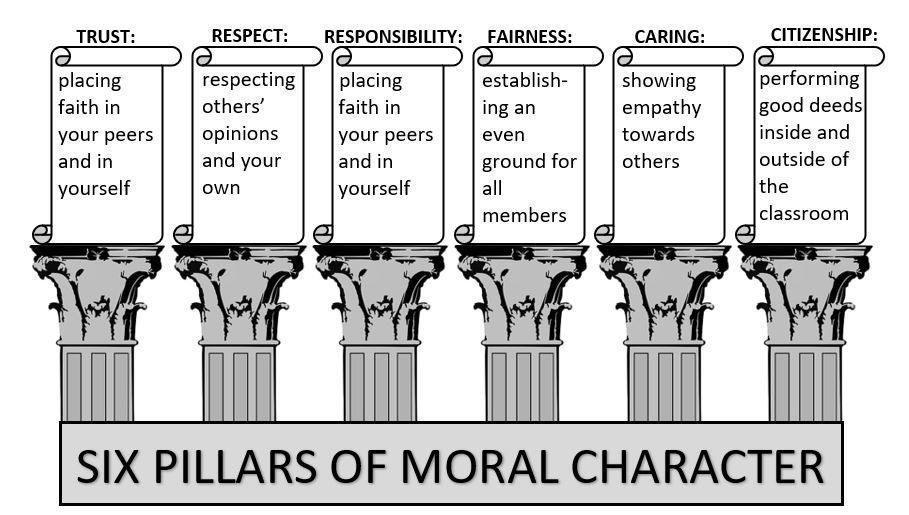6.2 Democratic Intent and Practice in Schools
The democratic intent of schooling is development within educational programs for moral enhancement. Citizenship education closely relates to democratic education, as discussed in chapter five, but more succinctly it recognizes education as a form of social governance creating a space where all can learn[5]. American-Canadian scholar, Henry Giroux, describes the need for democratic participation in schools in order for students to develop a sense of collegiality and collectiveness with peers. This is something he asserts as being subverted through the hidden curriculum[6]. What is seen in this instance is a push towards freedom in education, not only for teachers to teach, but also for students to learn. Although contentious arguments can be made whether a hidden curriculum exists or not, any barrier to freedom within education can be seen as an issue, and should be addressed within administrative circles.
Freedom can be conceptualized within schools by creating a plan of ethical practices for developing educational programs. The first thing that needs to be done is to create a guiding ethos of moral objectives that are uniform in all areas. One strategy would be to use the six pillars of moral character to manage ethical dilemmas[1].

Through these six pillars, core dimensions can be formed based on moral objectives. Some examples of core dimensions are as follow.
| Key Competencies and Skills | Key Values | Ethical Pillar |
|---|---|---|
|
|
|
For contemporary citizenship, achieving moral goals always comes with a plan to self-assess moral objectives and ensure the implementation of democratization. Keating conveys how citizenship should be grounded in a way where the macro-scale of global citizenship has a local mindset at its heart[7]. This concept of embracing a democratic intent ultimately starts with the willingness to plan and implement moral objectives inside of the classroom, institution, and society. Use the activity below to better conceptualize the six pillars of moral character.

